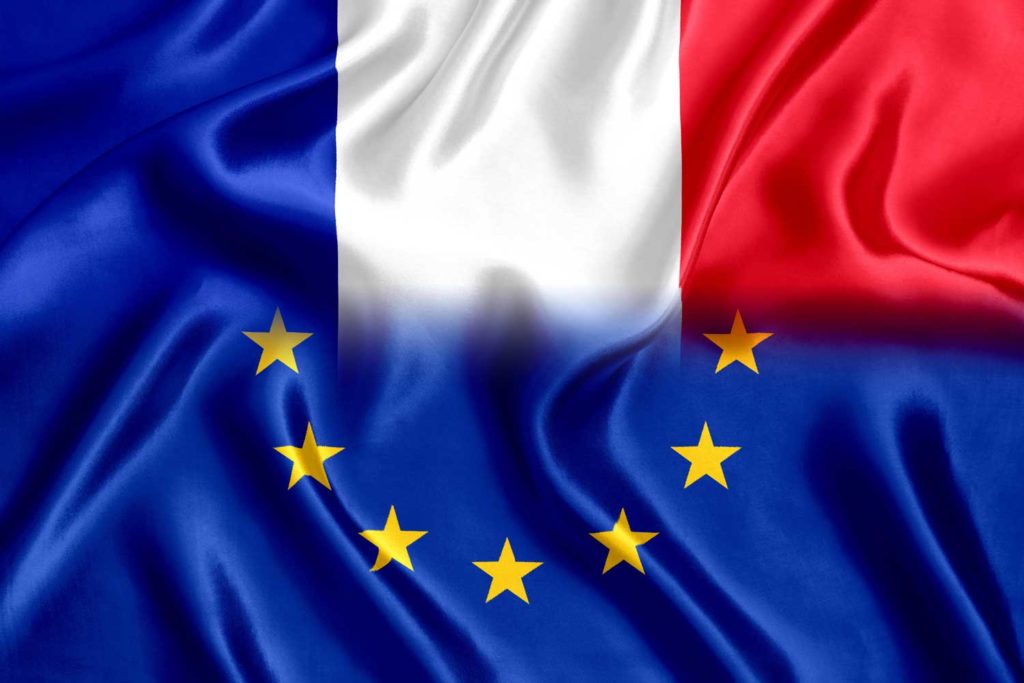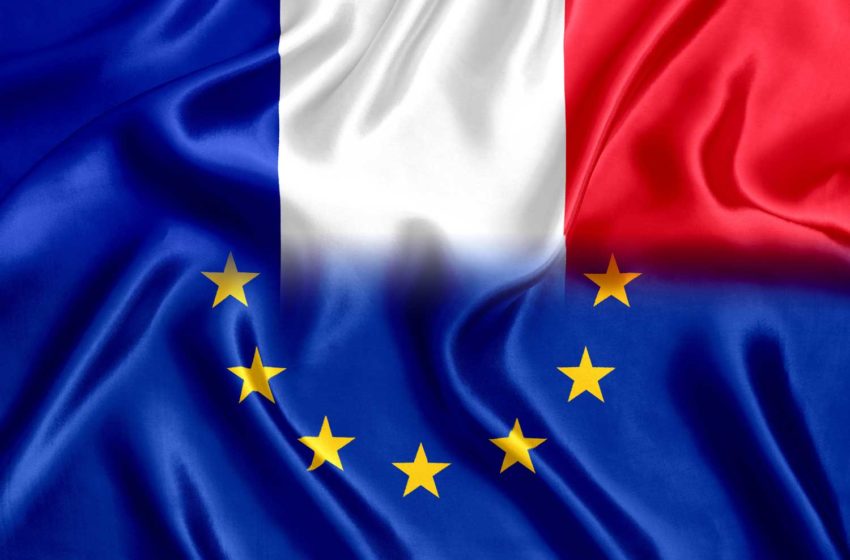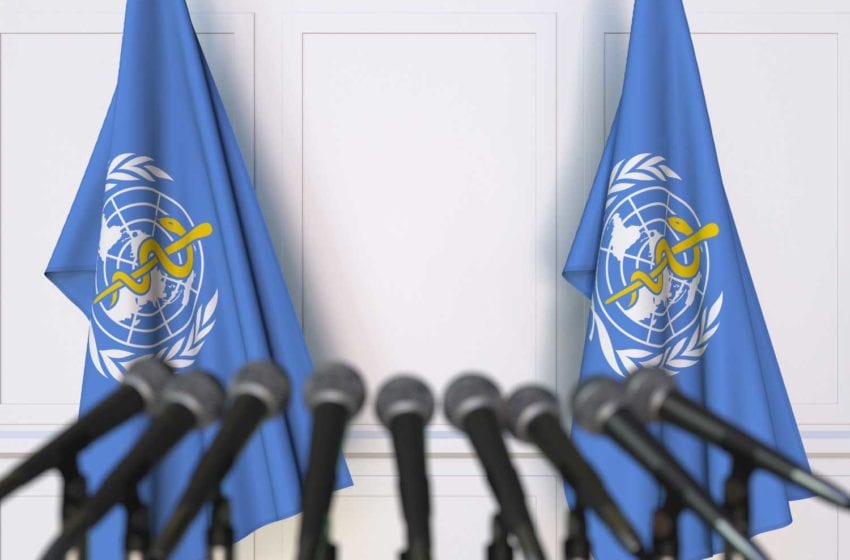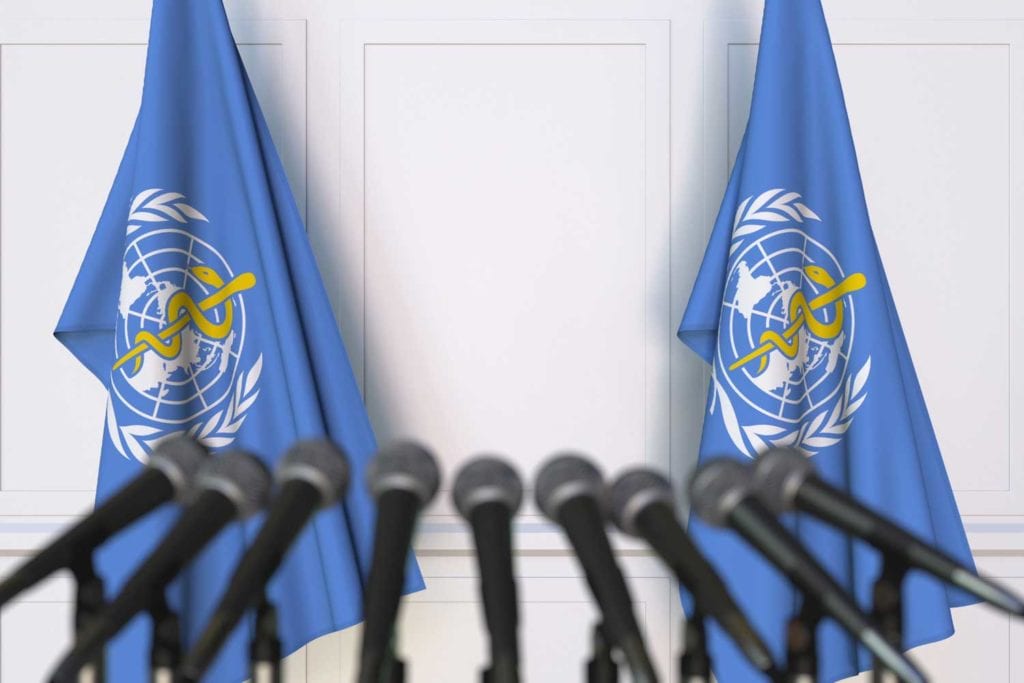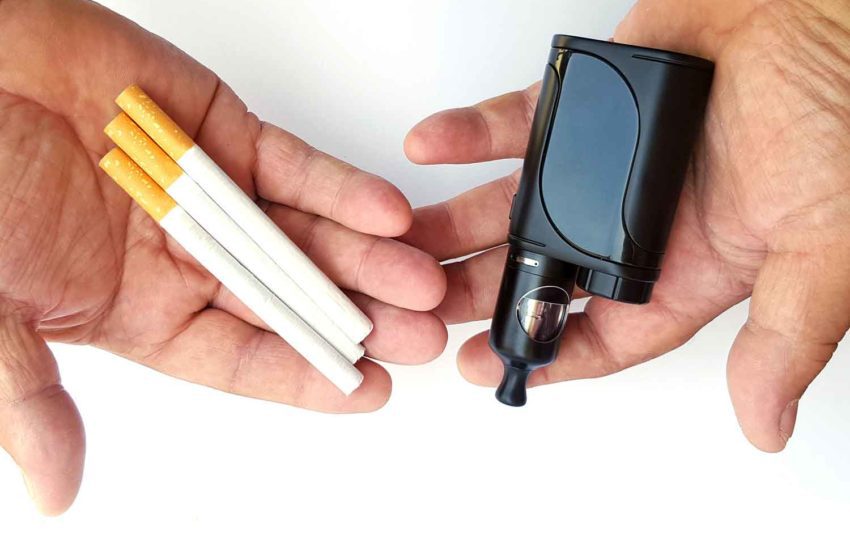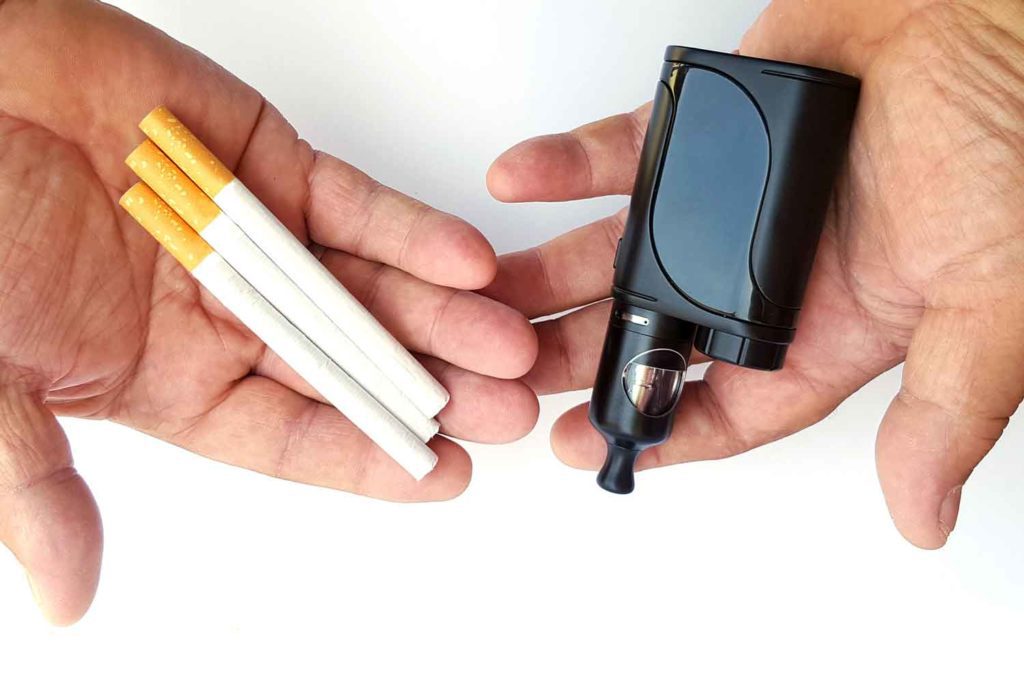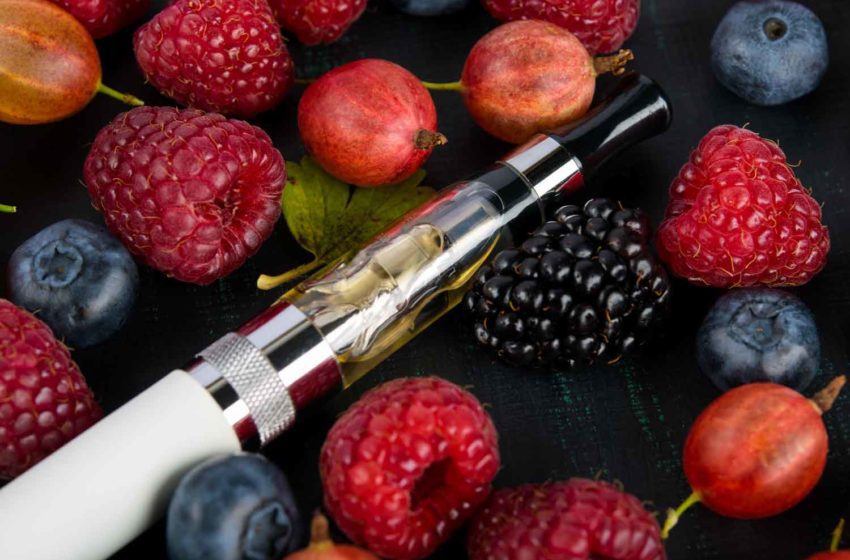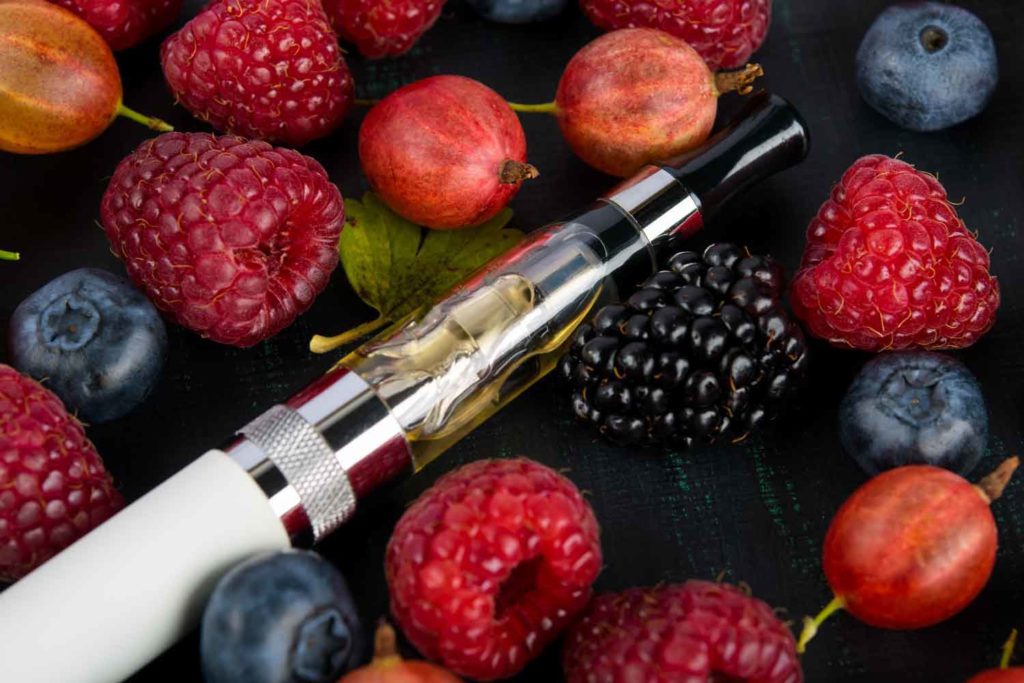The U.K. Vaping Industry Association’s (UKVIA) director general has been invited to talk on national TV in China to give his thoughts on recent proposed regulation changes in China and their potential impact on the Chinese vaping industry both domestically and globally.
China recently amended its tobacco laws to include e-cigarettes, meaning they will now be regulated like conventional tobacco products.
The regulation of e-cigarettes in China is of critical importance to the international vaping industry because over 95 percent of e-cigarette hardware is manufactured in that country, leaving the sector keen to see whether this latest regulation change will reshape that global industry.
To look at these questions, John Dunne will be interviewed on the China Global Television Network to offer his perspective based on many years immersed in both U.K. and international regulatory environments for the vaping sector.
Speaking ahead of his interview, Dunne described “reasonable regulation” as a “good thing,” adding, “However, while regulation has the ability to raise standards, ensure products are safe for consumers and restrict minors access, in its current form, it could have a massive detrimental influence both domestically and internationally.”
The UKVIA, together with several other organizations, has outlined its concerns and suggestions to make the regulation more effective and less restrictive in a letter that is being submitted to the State Tobacco Monopoly Administration to consider.
During the interview, Dunne will also get the chance to speak to the Chinese media about the latest vaping developments in the U.K., such as it being potentially the first country in the world to prescribe e-cigarettes.
“We know here in the U.K. that what kills people is the combustion and the tar and not nicotine,” he said in a statement. “Our government sees vaping as the solution to a smoking problem and not the problem itself.”
He added, “I hope the Chinese government and STMA [State Tobacco Monopoly Administration] are open to listening to the industry leaders both domestically and internationally to help shape these regulations so that China can, like the U.K., seize the public heath prize that vaping offers without damaging a very large and vital export business.”
